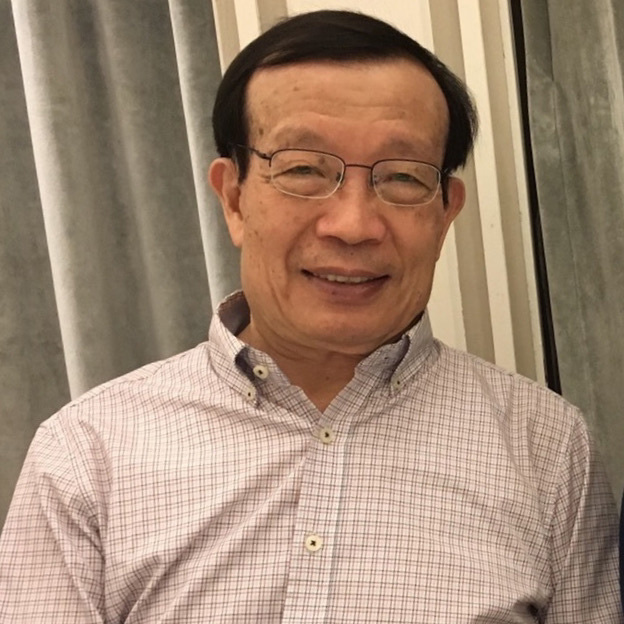Lecture Series
Generative Linguistics: Brain Hacking or AI?

Prof. C.-T. James Huang
YuShan Scholar and Chair Professor of the Department of English, National Taiwan Normal University; Professor Emeritus and Research Professor of Linguistics, Harvard University.
Academician of Academia Sinica , Academician of the European Academy of Sciences
Date:2024/11/14
Time:10:30 - 12:00
Venue:International Conference Room (Jiao 202), Education Building
Organized by National Taiwan Normal University
Co-hosted by the College of Liberal Arts and the Department of English
Agenda
-
09:30-10:00Registration
-
10:00-10:30Opening Remarks
-
10:30-12:00Distinguished Lecture & Interactive Q&A
Abstract
Language is a mirror of the mind, the cognitive system of the brain. Linguistic theory seeks to understand the nature of that system by studying observable human language behavior—the way it works, how it is acquired and why things are the way they are. My talk will outline how, with a biolinguistic approach, Generative Grammar answers some of these fundamental questions of scientific inquiry. Using cross-linguistic data, I will illustrate how the nature of linguistic knowledge and its acquisition are accounted for, and how patterns of language variation both contribute to and raise new challenges for linguistic theory. I also compare generative grammar with the explosive realm of generative AI, and conclude that, although AI as a remarkable technological achievement does not address the scientific questions concerning linguistic theory, its remarkable storage and processing capacities can be recruited to aid linguistic research with data collection and analytic efficiency. In turn, theoretical research outcomes can be used to optimize relevant AI systems. A partnership between the two fields would contribute to the mutual goals of scientific research and technological innovations.
About the speaker
-
Professor C.-T. James Huang is a Yushan Scholar and Chair Professor in the Department of English at National Taiwan Normal University, and a Professor Emeritus and Research Professor of Linguistics at Harvard University. He is widely recognized for his groundbreaking work in syntactic theory, the syntax-semantics interface, and Chinese linguistics. His distinguished honors include election as an Academician of Academia Sinica, membership in Academia Europaea, and fellowship in the Linguistic Society of America. His research has significantly advanced our understanding of how linguistic structures mirror cognitive processes, offering profound insights into the universal and language-specific aspects of syntax and meaning.
-
He has received many recognitions from leading international research institutions and won many awards, as listed below:
2019 Member, Academia Europaea 2016 Academician, Academia Sinica 2015 Fellow, Linguistic Society of America 2014 Life-time Achievement Award, Linguistic Society of Taiwan 2014 NSC Visiting Chair, Institute of Linguistics, Academia Sinica